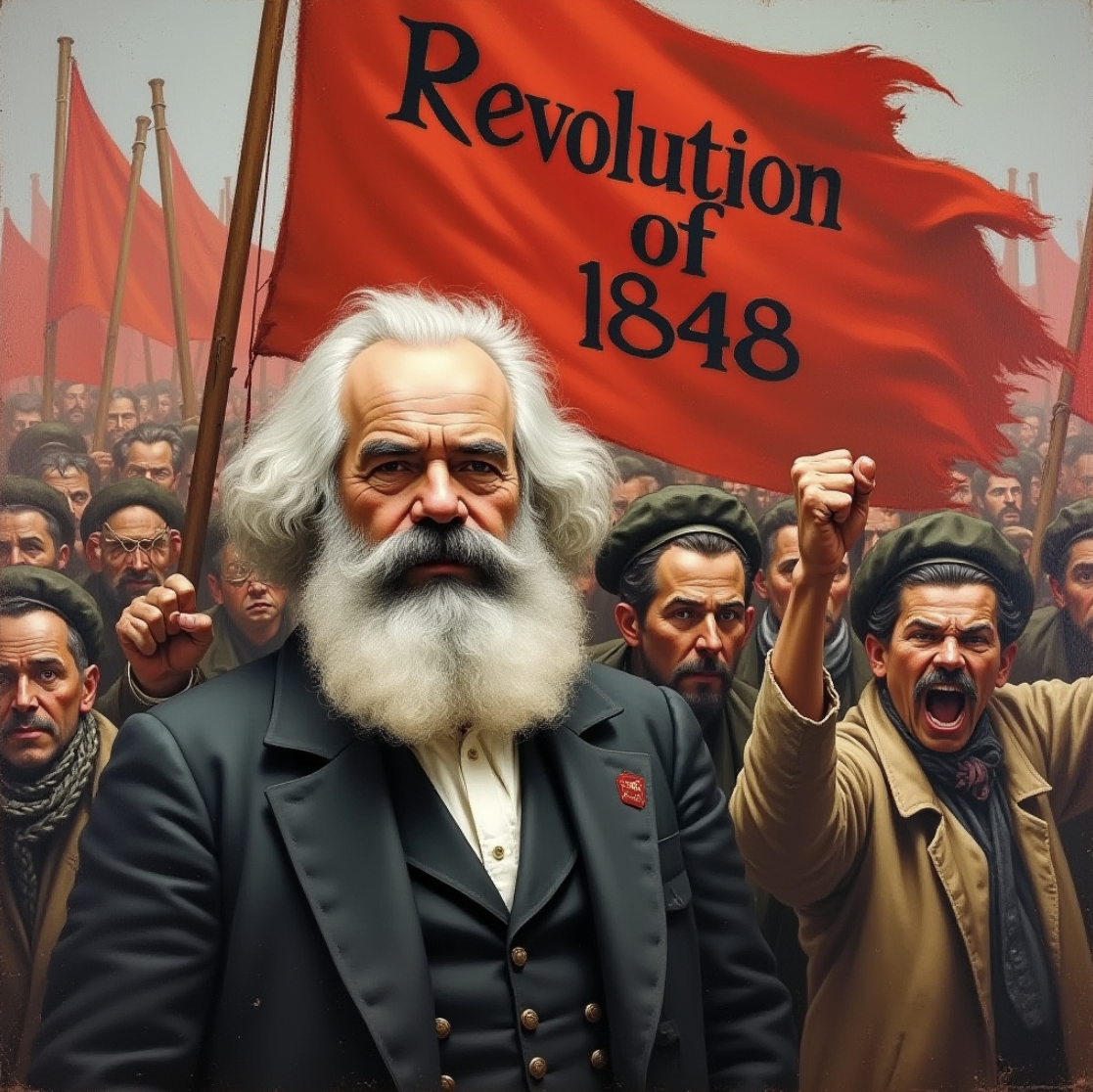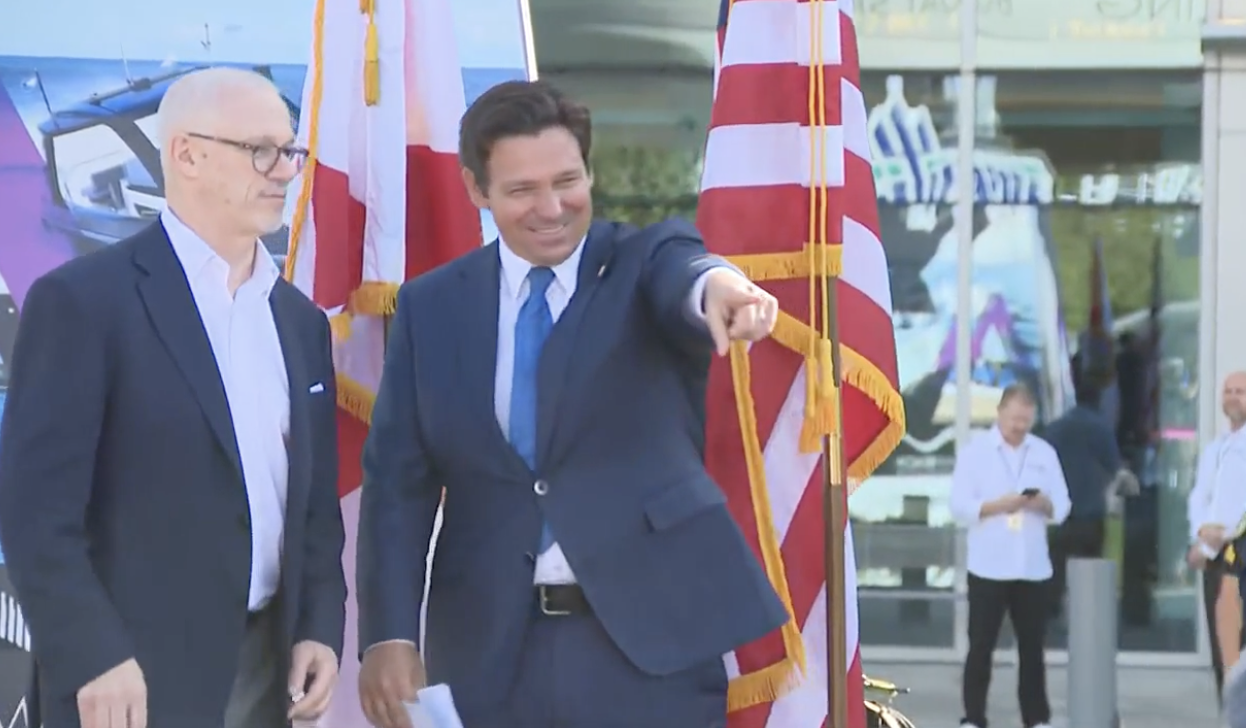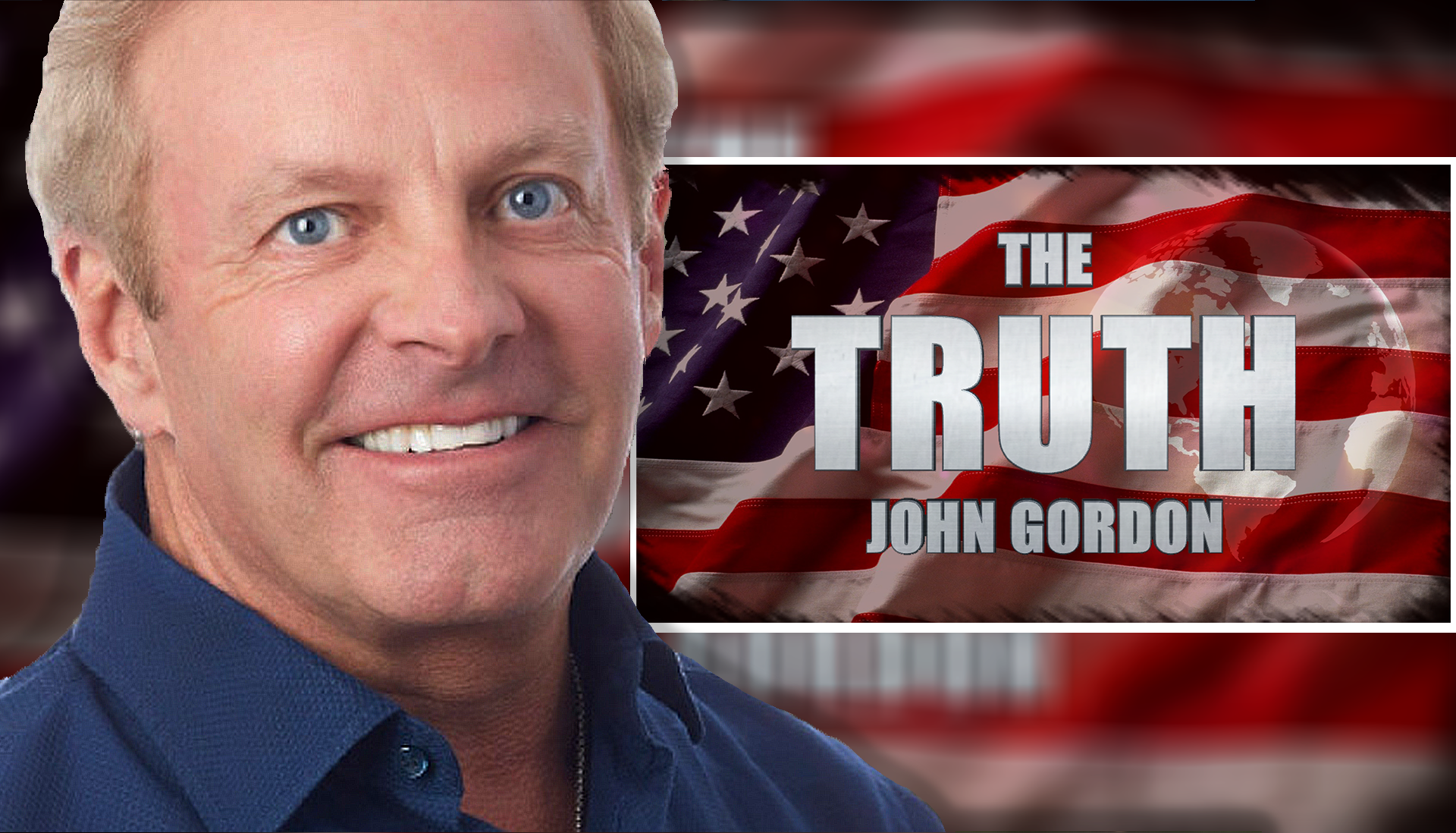
Public Domain
Please Follow us on Gab, Minds, Telegram, Rumble, Truth Social, Gettr, Twitter
Guest post by Roberto Campos
Last Sunday August 13, Javier Milei, an economist who identifies as a libertarian and demonstrates a deep and consistent knowledge of the ideas of freedom, won the primary elections in Argentina. Milei entered politics two years ago and is currently a national deputy for a political alliance founded by himself called La Libertad Avanza —Freedom Advances—. If he wins the general election in October and eventually the runoff in November, he will become the world's first libertarian president.
‘NO AD’ subscription for CDM! Sign up here and support real investigative journalism and help save the republic!‘
But what makes it possible for Milei to win the final elections and what is he specifically proposing? Milei's triumph takes place in a context in which Argentina is immersed in a very serious economic, social and political crisis, with inflation of more than 120% per year, half of the population living in poverty and an accelerated devaluation of the currency in recent months that has reduced the income of the majority of the population. It is an economic and political model promoted by peronism led by the former president and current vice president of the country Cristina Kirchner, but with twists and turns it has been destroying the country for decades with interventionist measures that include strong regulations, high taxes, nationalization of companies and which produced a long recession, as well as a deterioration of security and of the education and health systems, in a framework of widespread corruption.
While other leaders of the opposition who compete in the elections with Milei were already officials and in this campaign are proposing measures that lack the scope required to overcome the current crisis, Milei instead is waving a fiery speech against what he calls "the political caste” that enjoys privileges at the expense of the rest of the population and announced what it calls the “chainsaw plan”, which consists of a series of short, medium and long-term measures divided into three generations of comprehensive reforms.
The first generation of reforms includes a stabilization plan with a reform of the state for its reduction —since it has increased three times its size in the last five decades, while poverty multiplied by eight in the same period—, as well as a strong deregulation of the economy, reduction of taxes, replacement of public works by private ones, a forward labor reform and a monetary reform aimed at promoting currency competition, which in the case of Argentina will inevitably lead to dollarization because the dollar is the currency chosen mostly by Argentines when it comes to saving and carrying out certain transactions. The monetary reform includes the closure of the central bank and on the economic level Milei also foresees a financial and banking reform similar to Simmons banking with 100% reserve requirements for demand deposits.
The second generation of reforms includes a wide opening of the economy with free trade agreements with the world, a pension reform in order to implement a private pension system, a reduction in the staff of state employees with a voluntary retirement plan and a reduction and integration of the social plans that the unemployed and the poor receive so that they have incentives for their insertion in the labor market, for which Milei plans to merge several ministries and create a ministry of human capital where policies are complemented on children and family, health, education and work.
Regarding health and education, the third generation reforms contemplate the incorporation of voucher systems in order to subsidize the demand for these goods and not the supply, which reduces bureaucracy and corruption, and promotes competition among providers of these services. Although all the reforms that Milei proposes are radical for Argentina, a country accustomed to state planning for more than a century, the voucher system has existed for some time in several countries such as Sweden, Denmark, Australia, New Zealand and Hong Kong, and in numerous states of the United States.
Indeed, Javier Milei's plan is ambitious and seeks, according to his own terms, to turn Argentina into a "world power" in about thirty-five years, not only as happened with other countries that were in very unfavorable situations and carried out reforms markets like Ireland, New Zealand and Israel, but Argentina itself managed to grow from 1860 during the same period with the ideas of classical liberalism present in the generation of 1837 and 1880, which allowed the country to become the largest economy in the world in the years 1895 and 1896.
The main difficulties Milei faces in implementing her government plan are, on the one hand, the opposition of the unions, identified with peronism and who reject any flexibility in the labor market, and who have corporate power and privileges granted by successive governments since the time of Perón; and on the other, the “piqueteros”, the unemployed poor subject to clientelist organizations headed by political leaders who, in exchange for endless social subsidies, force them to attend demonstrations in which many of them carry out all kinds of violent acts on public roads. Milei must also deal with businessmen accustomed to protectionism, and with various sectors of the population who disbelieve in politics and who in part gave him electoral support, but who may doubt his project if they do not see quick evidence of its success.
Milei is the central figure on the rise in Argentine politics and managed to captivate different social sectors with ideas that today are new for a country like Argentina, exhibiting her own unmistakable rebellious style, and without hesitating to forcefully question the negative consequences of both the so-called welfare state and populist statism. Although it is true that there are those who describe him as a right-wing populist and associate him with leaders like Trump, Bolsonaro and Meloni, Milei differs from all of them in that he is a libertarian professor with a solid background in the ideas of the Austrian school of economics and a deep admirer of Menger, Mises, Hayek and Rothbard, so he is not a conservative, although he also attracts support from this sector.
Milei's foreign policy will be geared according to his program toward alignment with the United States, Israel and other Western countries, while he has been strong critics of China and other autocratic regimes around the world. Foreign relations in his eventual government will be in charge of Diana Mondino, a prominent classical liberal economist and professor who studied in the United States and who makes up a team of prestigious professionals with extensive experience. Among them is also Professor Martín Krause, a specialist in education, author of numerous books and who will be in charge of said area.
The vote in favor of Milei in almost the entire country by more than thirty percent, which far exceeded the forecasts of the majority of the meetings, surprised an Argentina that seemed to be lethargic with ideas from the past and is more enthusiastic about the new ones. generations that hope to prosper in their country and not have to emigrate, as has been the case with many young people in recent years.
Milei is confident that if he manages to win the vote from those who did not attend the primaries —more than thirty percent of the electorate—, he can win in the first round and begin to lay the foundations for a path of sustained growth for Argentina and away from its current decadence.






















Is the guy in the photo a he or a she??
Argentina may also be close to having its President assassinated. World leaders that buck the status quo are usually eliminated that way, or through manufactured unrest or a sudden scandal. The powers that be don't like it when a popular president strays away from the plans they have for the world.
Praying his hair will protect him!